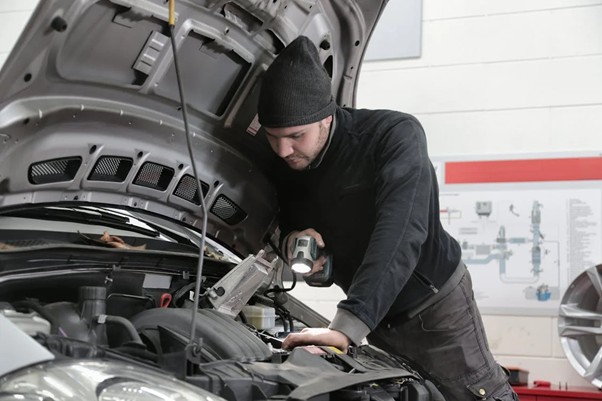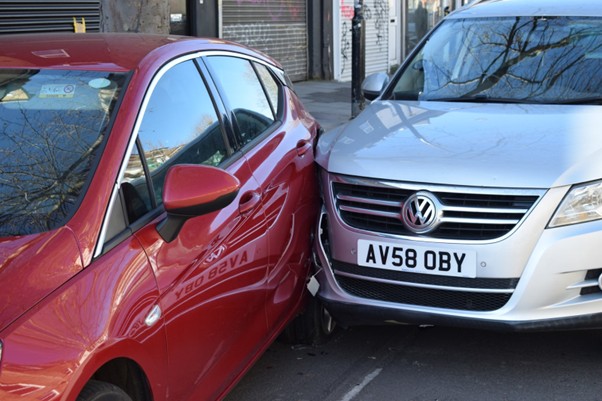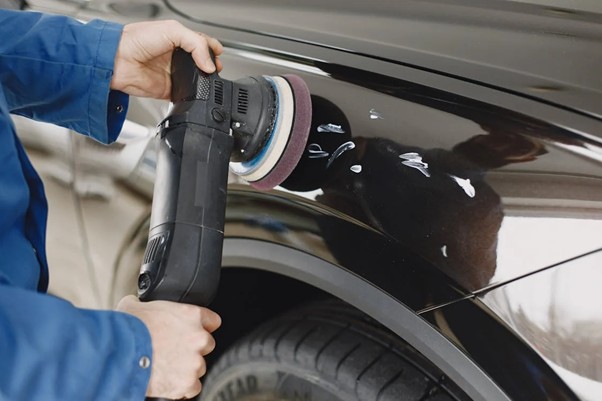Money Expert > Car Insurance > Does Car Insurance Cover Repairs?
Does Car Insurance Cover Repairs?
Last updated: 10/04/2025 | Estimated Reading Time: 6 minutes
Money Expert > Car Insurance > Does Car Insurance Cover Repairs?
Last updated: 10/04/2025 | Estimated Reading Time: 6 minutes
In short, yes — but it’s not quite as simple as that.
Whether or not your insurer will cover the cost of your car repair depends on a few factors, such as the type of car insurance policy you have and your policy’s specific coverage. The decision is also influenced by what needs repairing and the circumstances of how and why the car came to be damaged.
Let’s explore all of these factors in this article.
When you’re choosing a provider, it’s important to evaluate what types of damages and repairs they cover. There are three types of car insurance policies to choose from — third-party insurance, third-party, fire and theft insurance, and comprehensive insurance — each offering different levels of coverage.
If you want to drive a car in the UK, third-party insurance is the minimum legal requirement needed. It offers basic insurance coverage which covers the costs of damage you cause to a third-party vehicle, property, or person in the event of an incident.
Third-party insurance doesn’t cover the costs of repairs to your own vehicle if the accident was your fault. And if the accident wasn’t your fault, you’ll have to seek compensation from the other driver’s insurance policy cover, as you’re not covered there either.
This type of car insurance offers the same basic coverage as third-party insurance, except here you’re covered if your vehicle is damaged due to fire or theft.
Note that if your car needs to be repaired due to an accident, you’re still not covered under third party, fire and theft. You’re also not covered for any personal injury sustained.
A comprehensive car insurance policy gives you the highest level of coverage available. It covers everything included in third-party and TPFT insurance. And, it pays out if you damage your own car or somebody else’s car — regardless of who was at fault.
Comprehensive insurance covers everything from accidental damage (such as minor paint scratches or scuffs) to serious crashes, total car write-offs, and personal injury.

So, if you want to be covered for car repairs the best option is to get comprehensive car insurance. But even comprehensive policies don’t pay out for every kind of repair. Let’s take a look at what car insurance policies typically do and don’t cover.
With a comprehensive insurance policy, you’re generally covered for all of the following:
Comprehensive insurance coverage also protects you against:

Even with comprehensive cover, there are some exclusions to watch out for. They include:
When you make an insurance claim, a claims assessor will carry out an investigation to determine if — and how much — they’re obliged to pay toward your repairs.
Along with the type of car insurance policy you have, here are some additional factors that need to be considered:

To be covered for car repairs due to both accidental and non-accidental damage, you need comprehensive cover, rather than third-party or TPFT insurance. That said, even comprehensive policies don’t typically cover general wear and tear or mechanical failures. So, you’ll need to cover these costs yourself or purchase insurance add-ons to get maximum coverage.
Plus, there are additional factors to be aware of, such as your car’s age, its condition, and your excess. Always compare car insurance policies to fully understand what type of policy you need and exactly what you’re covered for.
Yes. Both comprehensive insurance and third-party, fire and theft insurance cover non-accidental damage due to theft, vandalism, arson, and riots.
Depending on the type of insurance you have, you can make a claim for minor repairs, such as dents and scratches, that aren’t caused by everyday wear and tear. However, it’s often not worth making a claim if the cost of your repair is smaller, equal to, or even slightly higher than your excess. Not only will you have to pay the excess, but you’re at risk of losing your no-claims discount.
Your car insurance might be deemed invalid for repairs if the damage occurred while you were driving without a license or under the influence — regardless of who or what was at fault. It may also be deemed invalid if you haven’t properly maintained your car, were using the vehicle for unauthorised or illegal purposes, or the damage occurred when an unnamed driver was behind the wheel.